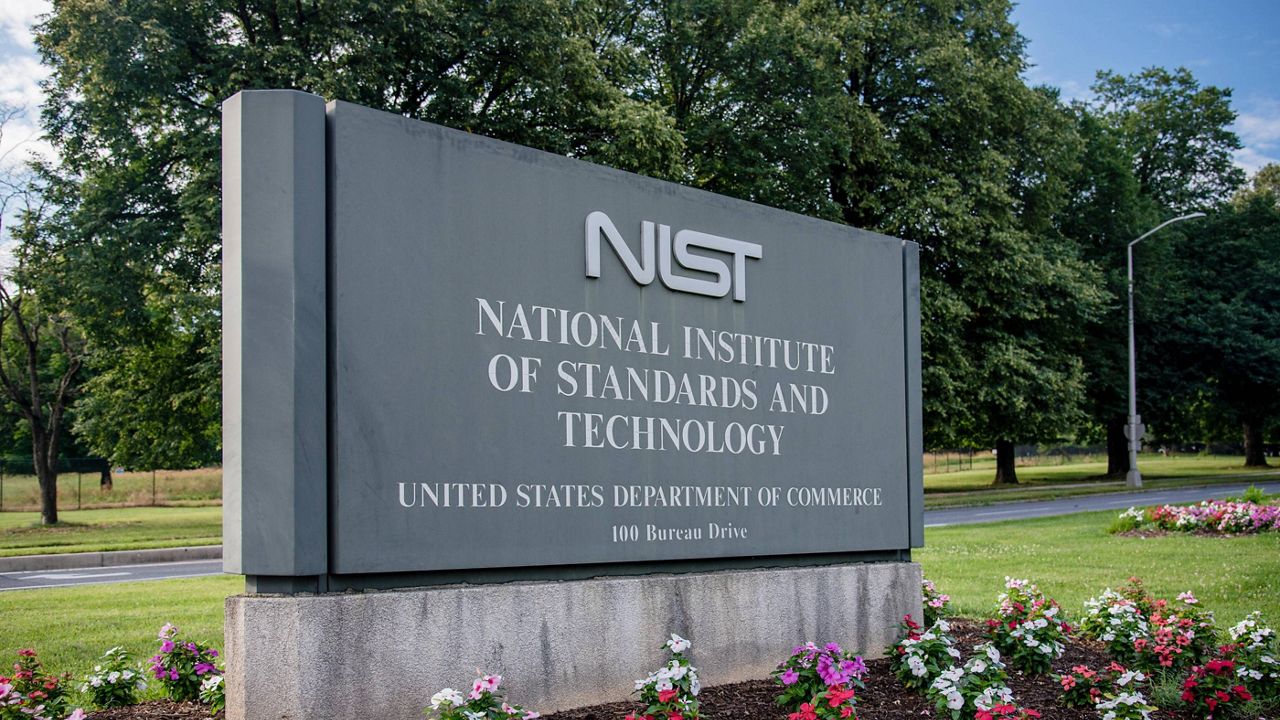Hawaii’s Congressional delegation expressed collective relief Wednesday over the Trump administration’s decision to reinstate federal funding for INNOVATE Hawaii and nine other Hollings Manufacturing Extension Partnerships.
“INNOVATE Hawaii has helped more than 1,000 businesses retain thousands of local jobs, ensuring that Hawaii’s manufacturers have the support they need to improve their businesses, while also promoting innovation in manufacturing technology and business practices,” said U.S. Sens. Mazie Hirono and Brian Schatz and U.S. Reps. Ed Case and Jill Tokuda, all D-Hawaii, in a joint statement. “MEP centers like INNOVATE Hawaii play a crucial role in bolstering manufacturers across the country, helping to expand the U.S. manufacturing base and promote competitiveness abroad.”
MEPs like INNOVATE Hawaii subsidize advisory and consulting services for small- and medium-sized manufacturers to help enhance productivity, growth and technical performance. MEPs are situated in every state and Puerto Rico.
Staffed with business professionals with skills and experience in manufacturing systems and methods, strategic planning, business development and other areas, INNOVATE Hawaii offers a range of programs and services that include coaching and training, consulting, collaboration-focused industry programs and grant opportunities.
Last week, the administration announced it would stop funding MEPs in Hawaii, Delaware, Iowa, Kansas, Maine, Mississippi, Nevada, New Mexico, North Dakota and Wyoming. The move raised fears that the remaining 41 MEPs could eventually be defunded.
The cuts were reportedly driven by the administration’s ongoing initiative to reduce federal spending and the assessment that the MEP program did not align with the administration’s priorities — despite the president’s stated goal of reinvigorating U.S. manufacturing amid the current trade war with China.
On Wednesday, the National Institute of Standards and Technology, which administers the MEP program, announced that it was reinstating funding to the 10 affected MEPs.
The Hawaii lawmakers welcomed the news but expressed continued concern over the administration’s cuts.
“We are relieved the administration has heeded calls to reinstate funding for INNOVATE Hawaii but remain deeply concerned about the chaos being wrought on our communities by the Trump administration’s withholding of federal funds,” they said. “Together, we’ll continue fighting to protect federal investments that support our communities, our state and our country.”
Detractors have criticized the MEP program as corporate welfare. An Office of Management and Budget report published in the last year of Trump’s first term in office noted that some MEP centers had been receiving federal funding years in excess of the intended six-year maximum (by which time they were supposed to have transitioned to non-federal funding sources) and that many of the services offered were available elsewhere.
“If these services are valuable to recipients, they should be willing to pay for them, negating the need for federal taxpayer dollars,” the report stated.
The Congressional Budget Office had previously identified the program as suitable for elimination.
The Hawaii delegation, however, asserted that MEPs have a proven record of boosting the productivity and competitiveness of thousands of small American manufacturers. They cited a 2024 report that found in 2023 the MEP program generated an economic and financial return ratio of more than 17:1 for the $175 million in federal government funding it received that year. It also found that MEP center projects contributed to an increase of 300,000 jobs nationwide. The MEP program commissioned the report, and it was prepared by independent, third-party contractors Summit Consulting (an analytics firm) and W.E. Upjohn Institute for Employment Research, a non-partisan, not-for-profit research organization.
According to NIST data, INNOVATE Hawaii contributed to 2,239 jobs created or retained; $4,190,741 in cost savings; $37,597,893 in new and retained sales; and $15,631,459 in new client investments.
Michael Tsai covers local and state politics for Spectrum News Hawaii. He can be reached at michael.tsai@charter.com.








